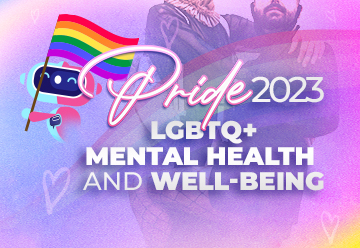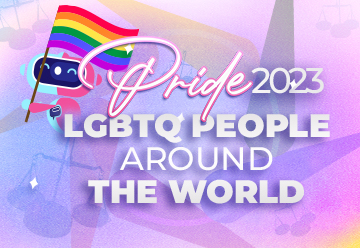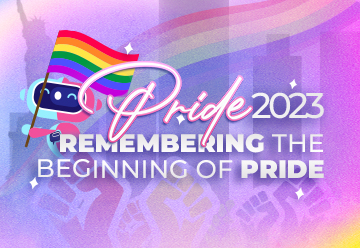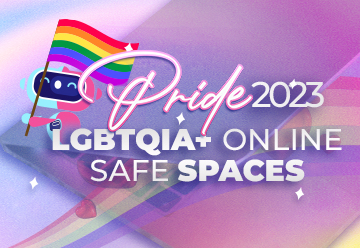
Today, Jerky discusses online spaces for queer people and how it fills an essential role in younger LGBTQ people’s lives.
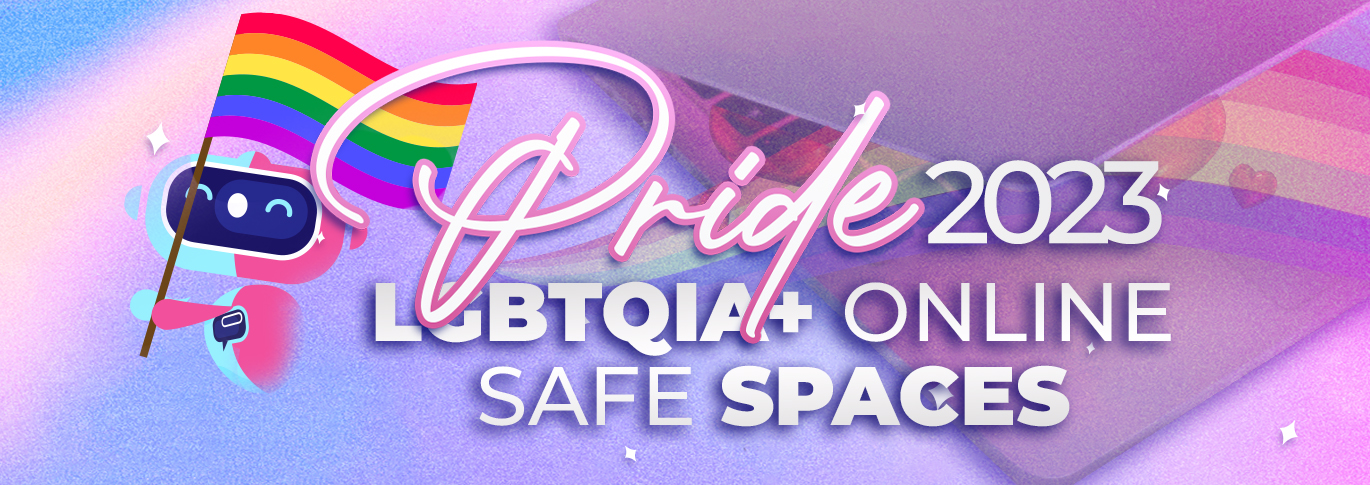
With the physical world not always being the most welcoming or kind to them, LGBTQ people often turn to online platforms to connect with other queer people.
Members of the LGBTQ community are much more likely to be the target of violent hate crimes, and those have been on the rise in the last few years.
According to the FBI’s statistics, hate crimes targeting sexual orientation decreased slightly (-8%) in the US between 2018 and 2021 while those targeting transgender people almost doubled.
Even in a country like Canada, known to be quite accepting of the community, the number of reported hate crimes targeting sexual orientation has increased by 144% over the same 2018-2021 period. We can observe similar trends in several traditionally more progressive countries.
The relative anonymity offered by online interactions makes virtual communities very appealing to young LGBTQ people. Those online communities are a place where they can safely be themselves, build support networks and learn more from people who share their identity.
Education on LGBTQ Issues
With the lack of comprehensive sex education in many US states, LGBTQ youth is often left with little information on sexual and gender diversity. Some states are actively passing legislation that effectively makes it illegal to include non-heterosexual content in course material.
Even in countries or states where sex education does include non-heterosexual content, the information is usually quite fragmentary. For most queer millennials, their existence was briefly acknowledged as a statistical side note in a short boxed text.
Nothing was said to them about the different implications of sexuality between two men or two women. LGBTQ non-profit organizations are often barred from visiting classes in schools as directors and board members believe there are no homosexual, bisexual or transgender students in their establishment.
In the end, LGBTQ youth simply want to feel reassured about some aspects of their sexuality and identity as they grow up. What are their options if they can’t find this reassurance at school or home?
Fostering the Creation of Queer Safe Spaces
The internet has been a safe haven for queer people pretty much since the beginning… and even before. In France, lesbian activists organized over the Minitel, a text-only Internet-like network predating the world wide web by 7 years.
The percentage of people identifying as LGBTQ is relatively small overall, and it can be challenging to meet in real life outside of larger urban areas. Online communities can thus act as a virtual third place—a space to socialize with peers outside of your home and workplace.
As a matter of fact, LGBTQ youth are more than twice as likely to form close online friendships than their straight peers. They usually meet these friends on message boards, social media, Reddit or Discord servers, whether they are LGBTQ-oriented or not.
Many of those communities were explicitly created as virtual third places for LGBTQ people. They vary in size (from a few dozen people to several thousand) and can be very broadly LGBTQIA+, target one orientation/identity or even specific interests—safe for work… or not. A moderator on one such community shared that:
“[Our] community was created pretty much out of pandemic boredom and quickly became a safe space for a bunch of gay sex-positive millennial guys who found the [Discord] server on subreddits and through word-of-mouth.
Several members come from less accepting regions, have difficult—or non-existent— relationships with their families, don’t have much of a support network or struggle with mental health.
We even held an in-person gathering last year, with another planned for June. Many friendships that started on the [Discord] server translated into real-life, even closer, lifelong friendships.
They find a sense of community and shared brotherhood here that they don’t or can’t have where they live. We support each other, share our experiences, and hang out for game nights. We’re kind of a family.”
Humans just want to feel like they belong, and LGBTQ people are no different. Having in-person queer spaces is not always possible for various safety, mental health or legal concerns. Those online platforms to experiment, explore and learn are thus critical to give LGBTQ people a safe place to be their authentic selves.
This Pride month, cheer on the community by supporting your favorite LGBTQ cam models on Jerkmate.
Create a new Premium account in June, and Jerky will donate 5$ to the Trevor Project to support LGBTQ youth’s health and safety!
About the Jerkmate's sex blog
Need help or direction? Don't worry; Jerky knows exactly what to recommend! Specifically programmed to make sure you get the most out of your experience, Jerky helps you find the best cam models and performers to match your preferences. Visit the Jerkmate Blog and check out his many sex and masturbation tips and advice for women and men.

